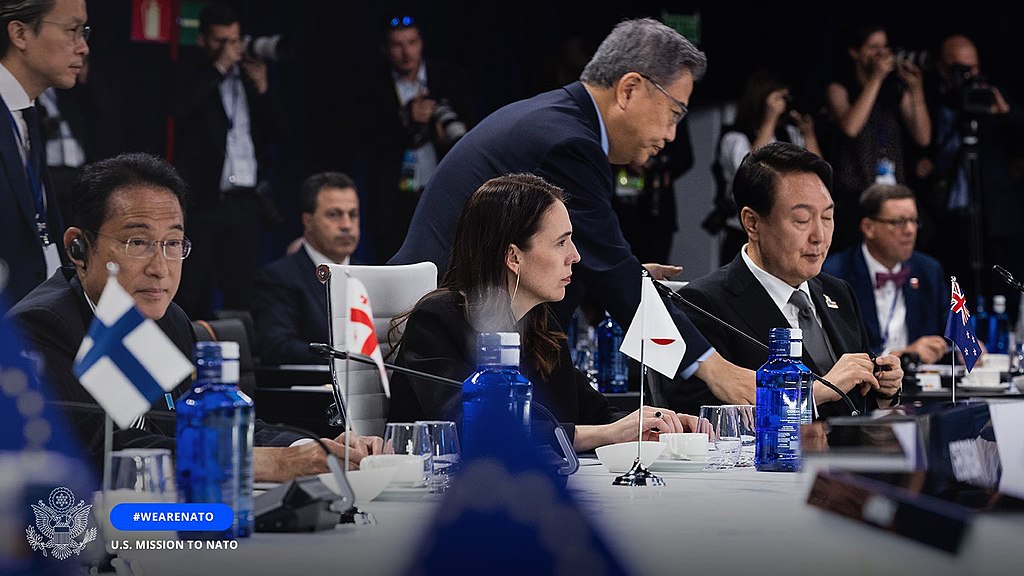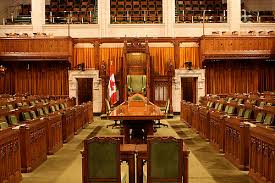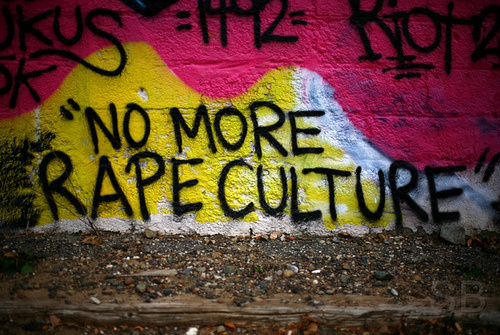If you were to ask any gender equality organization, coalition, collective or feminist action group, most would agree that there needs to be more female leaders. Further, there is a dire need to have more women in leadership as heads of state, Presidents, and in high-level political positions – in 2018, roughly only 23.8% of parliamentarians globally were women. However, when women are in leadership roles, especially as heads of state or running for political office – what treatment is historically reserved for them? For most women in politics, they are subjected to an unfair display of sexism and misogyny.
Most recently, Jacinda Ardern stepped down as the Prime Minister of New Zealand in January of 2022, citing burnout. At age 37, she was the youngest head of state ever elected in the world. Under Ardern’s leadership, New Zealand saw numerous progressive developments. Ardern was widely acclaimed for her calm and steady leadership during the terrorist attack in 2019 with the Christchurch mosque shootings, a volcanic eruption, and the COVID-19 pandemic.
Like all elected officials, Ardern was not immune to criticism by the public. However, Ardern battled sexism throughout her entire tenure in office – and this sexism festered only further upon the announcement of Ardern’s resignation. In December of 2022, during a meeting between Ardern and Finnish Prime Minister Sanna Marin, the two were subjected to sexist questions hinting that the two had only met due to their age and commonalities. In reply, Ardern said: “I wonder whether or not anyone ever asked Barack Obama and John Key if they met because they were of similar age…because two women meet it’s not simply because of their gender.” Tucker Carlson of Fox News referred to Ardern as the “lady with the big teeth” when discussing her resignation.
Ardern is, of course, not the only leader in power who has faced sexism on the basis of her gender. Hillary Clinton, who ran for president of the USA as a Democrat in 2016, was consistently critiqued for her choice of pantsuit, her hairstyle or the tone of her voice. Compared to other men running for the same position, women are scrutinized for qualities that have little effect on their actual candidacy for office. As a society, it has become historically accepted that one would not expect the public to critique the hairstyle or pantsuit choice of men, but rather, to save this criticism for women. Regardless of gender, politicians are criticized for their handling of housing crises, inflation rates and the like – but it cannot be denied that women in politics, on a global scale, continue to be subject to sexism on a level unlike that of their male counterparts. When Ardern announced her resignation, she cited burnout. According to Suze Wilson, a leadership scholar at Massey University in New Zealand, Ardern should be taken at her word – and that the abuse Ardern faced during her leadership could not, and should not, be separated from her gender: “Ardern’s talking about not really having anything left in the tank, and I think part of what’s probably contributed to that is just the disgusting level of sexist and misogynistic abuse to what she has been subjected.”
Security processes involve a great deal of moving parts – including protecting the security of the climate, health and the economy. Much of these entities include international negotiations, trade agreements, and more. Generally within government, those who occupy high-level positions are the ones most likely to be involved in critical discussions surrounding security, including politicians. Women, as a whole, are most susceptible to disparaging treatment while in office. Further, while abuse against men in politics, particularly during election campaigns, often relates to their performance of professional duties, the online harassment of female political candidates is more likely to include comments about their physical appearance or threats of sexual assault. How can we include women in vital, global security processes – where much of peacebuilding processes are maintained – if even their appointment or election to office is marked by sexism? In Canada alone, women make up approximately only 37 percent of seats in the House of Commons.
The equal, full and meaningful participation of women in politics includes electing women to political or leadership positions. When women have increased political participation, this leads to better social, economic and political outcomes for everyone. And, once women are elected, it is about time that we, as a society, stop placing emphasis on the characteristics of a woman’s appearance – and actively dismantle the harmful sexism we see placed on women in positions of power.
Photo: Fumio Kishida, Jacinda Ardern and Yoon Suk-yeol on Day 1 of the 2022 Madrid Summit by U.S. Mission to NATO, licensed under 17 U.S.C. § 101 and § 105 via Wikimedia Commons.
Disclaimer: Any views or opinions expressed in articles are solely those of the authors and do not necessarily represent the views of the NATO Association of Canada.




